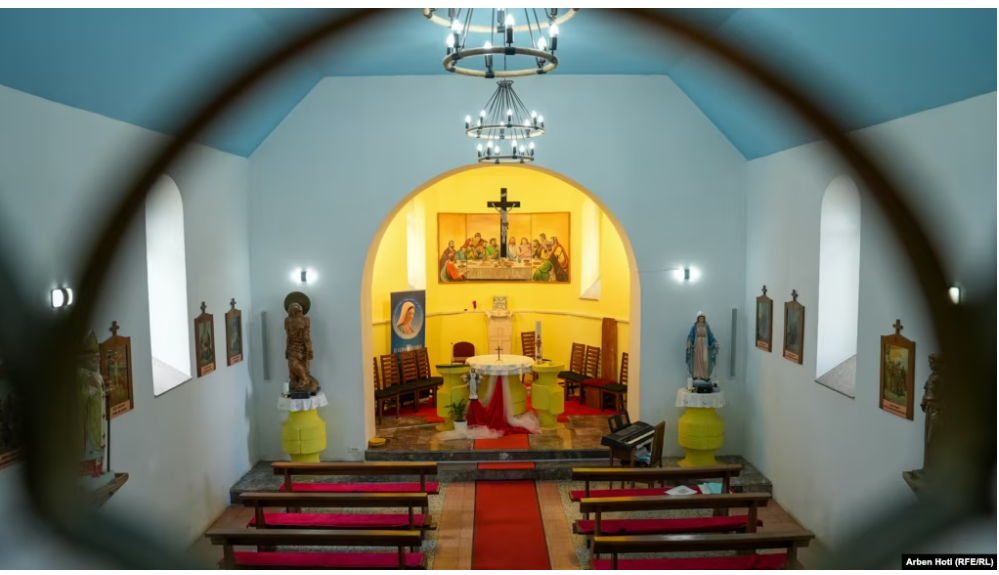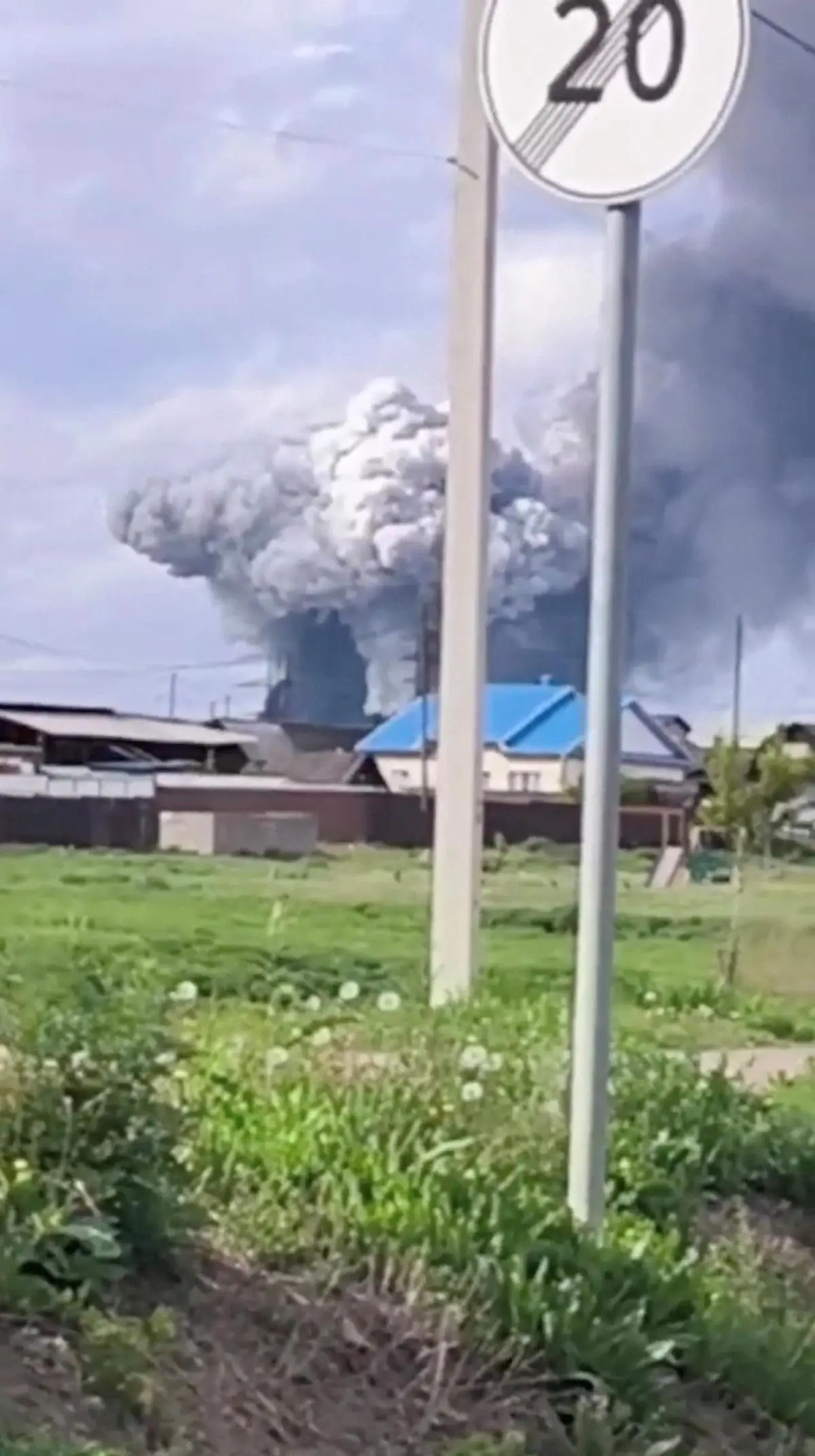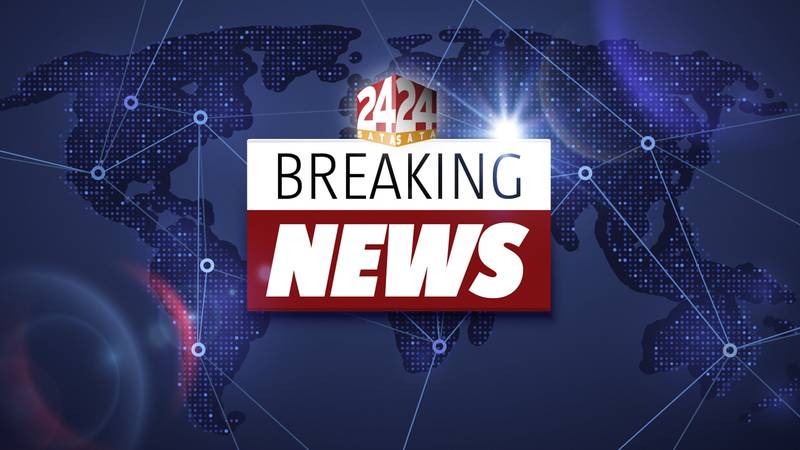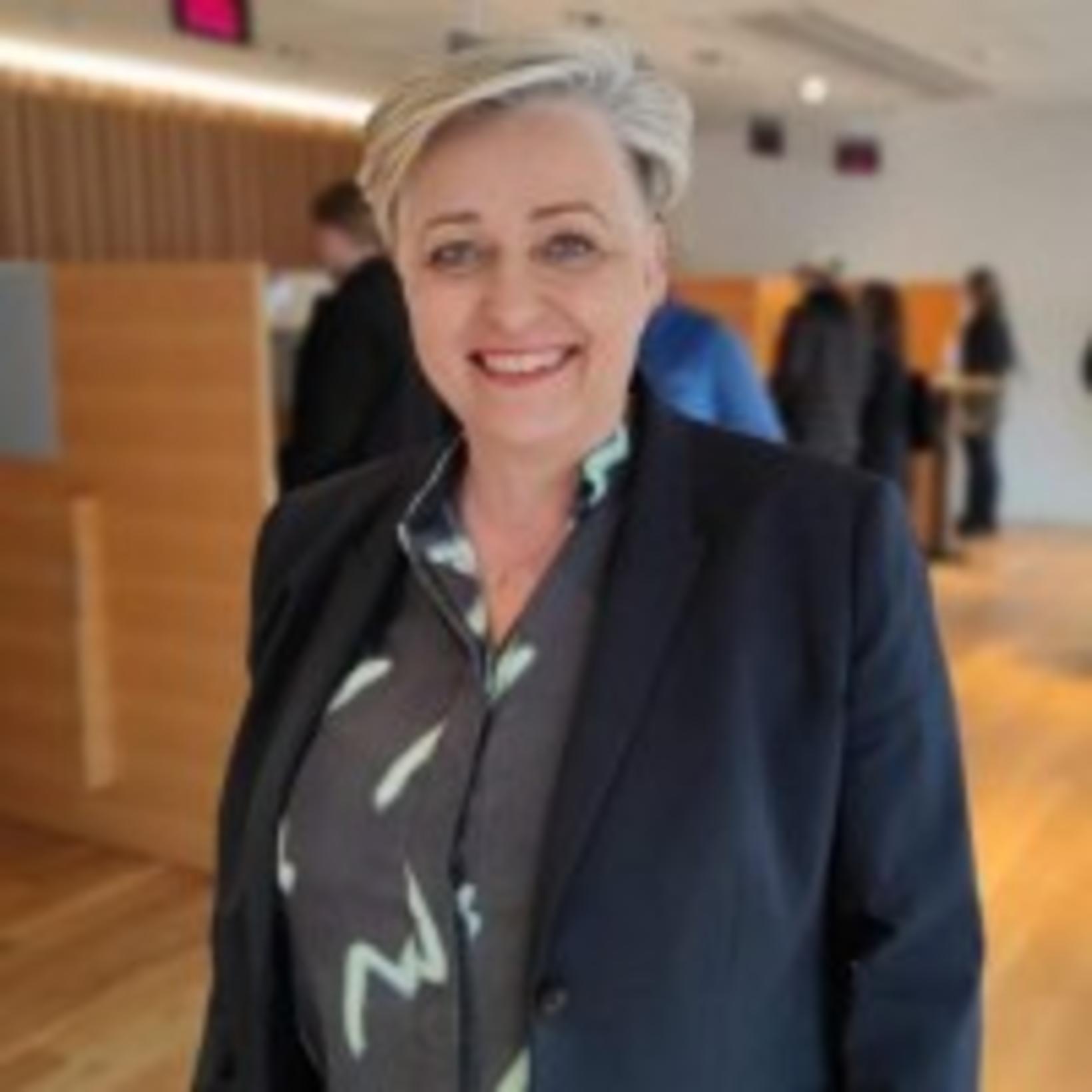In a family, a Muslim and the other Catholic one!

Before the Turkish invaders came to Albania and Kosovo, religion was Christian. But the invaders are used the tactic that converted to the Msylim religion did not pay or had low taxes. Or took only Christians as soldiers to fight in other regions of the Empire. So many people converted to Muslims, there were times when one brother was in the Christian religion, and the other brother became Muslim!
In Albania it is known many people and families where one has the name of the Catholic, and the Muslim cousin.
One such case has treated the « Free Europe » journalist:
(Published on Radio « Free Europe »)
On a spring morning in the village of Brus, a man with gray hair and beige, and another younger, dressed in blue, separate from a cup of coffee – and two different religions – but, the same surname: Gashi.
One is Catholic, the other Muslim. They are cousins, close friends, and evidence of a coexistence that is rarely mentioned, but has always existed in Kosovo.
Ivani, 75, is a Catholic Christian.
Nazim, 47, is an imam in the mosque of the nearby village, Llabjan.
Both belong to the same family trunk – Ivani is the third generation, and the fourth generation Nazim.
They talk about the daily routine, as well as, as they call them, the « brotherly and family relations » of the residents of Brucja.
The various beliefs have never shared them.
« All of these are together. We go to each other and say. No one takes anything with us (after death), but to leave a love, a closeness, a connection, a contact even those behind, » Ivani tells Radio Free Europe.
He was once a teacher of Nazim during primary education. Random meetings in cafes or ordinary visits to each other’s families are frequent.
Nazim says that the coexistence of a blood cousins, but with two beliefs, is not something new and artificial.
« In essence, this is a long -standing culture, which we have built by our fathers and grandparents, from the cradle. This, for us, is quite normal … » Nazimi says.
« This is mainly about the unique genesis of our society … because we are a society of two religions, and our relations have not always been broken because of different faiths, » he adds.
According to him, in the Brus, it is considered abnormal behavior when a resident of the village, any religious community, needs certain assistance and does not receive that assistance from both communities.
Together at the wedding of the mort
Ivan and Nazim confess that Brusi, decades ago, had hundreds of homes.
The village is a mountain, and the inhabitants deal mainly with agriculture and livestock.
Difficult economic conditions have forced many residents to migrate abroad, or to other urban settlements within Kosovo.
Currently, this village has about 34 families, over 70 percent of which belong to the Catholic faith. Others belong to the Islamic faith.
They all have the surname Gashi and belong to the same family trunk. The ancestors had brothers, four or five generations ago.
In the Peshter neighborhood of this village is the Catholic Church, built in 1935.
The blessing of the church was made 30 years later, while the ordination is 50 years later.
Not infrequently, the doors of the Church of Brus, for curious visitors, have been opened by Hoxha Nazimi himself, whose presence is not lacking in the church, in important ceremonies or religious holidays of his Catholic fellow villagers.
« Because I am the boy of this country and this church is the home of prayer of my fellow villagers, » says Nazimi.
The inhabitants of Brus, Catholics and Muslims, have the weddings in common, but also the condolences to death, Ivani explains.
Mutual visits and congratulations on the religious holidays of both communities are commonplace, he says.
« Respect is never boundaries, but no one can pay. We are a blood, but yes, but we have a duty, we owe it to one another, of course both god and wisdom.
They say that, when it comes to interfaith harmony, Brusi is a miniature Kosovo – a state where Muslims make up 93 percent of the population, while Catholics 1.7 percent.
According to them, this inter -religious harmony between Kosovo Albanians « has not started in the brus, but this village is the most unique case ».
« If the Vatican knew us … »
The good example of interfaith coexistence, according to them, Albanians in Bruce have also shown it in difficult times, when Kosovo was under Serbia’s oppressive regime in the 1990s.
They have helped each other to survive the war and the difficulties it brought.
Joy was also common for the liberation of Kosovo from this regime in June 1999, as well as for the declaration of independence in February 2008, Ivani and Nazim confess, talking to the Radio Free Europe team.
However, they still talk about the recognitions it has received and what Kosovo has not received as a state, internationally.
Mention many states that have not recognized Kosovo, but Ivan and Nazim have the same question: Why the Vatican, where the Holy See of the Catholic world is located, does not recognize Kosovo, 17 years since its declaration of independence?
« In my opinion, if the Vatican recognizes Kosovo, I think that many states would appear and say ‘what is there with Kosovo, why not accept it? » Ivani says.
Nazim, according to which the Vatican’s recognition, on the one hand, or any other state from the Islamic world, would enjoy all the citizens of Kosovo.
« Recognizing Kosovo as a state is also worth it, because within Kosovo they will find the most beautiful model of building people’s lives in different relations, » Nazimi estimates.
According to data from the Ministry of Foreign Affairs and Diaspora, Kosovo has so far recognized 119 countries.
The recognition of Kosovo by the Holy See remains a desire, but has never been a « apple of contention » among the inhabitants of Brucus.
On Sunday, Radio Free Europe will bring you the report on the dilemmas of why the Vatican has not yet recognized Kosovo, and for Kosovo’s relations with the Holy See.
Bekim Bislimi is a Radio Free Europe journalist in Pristina.






